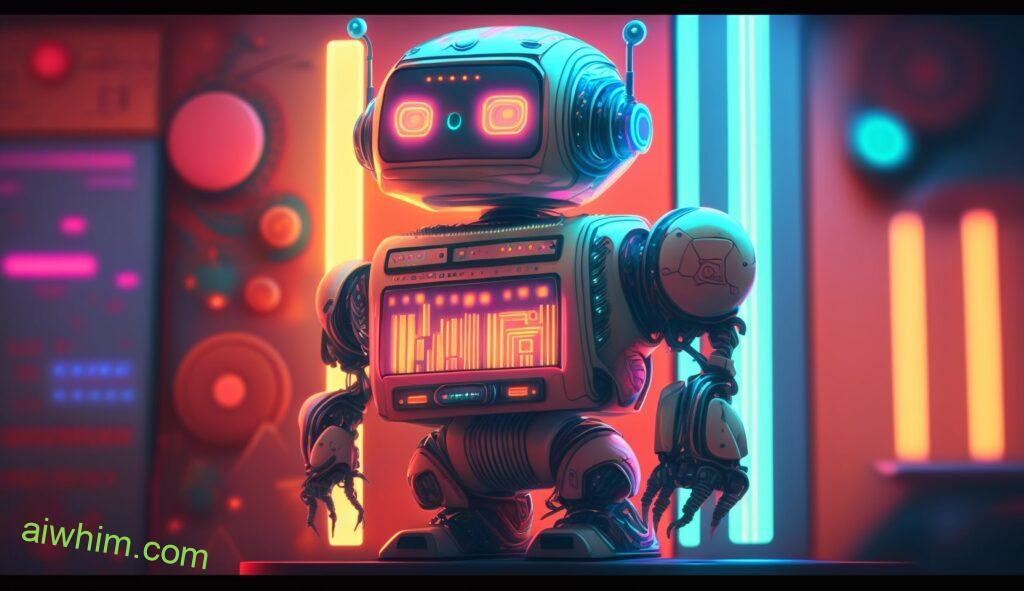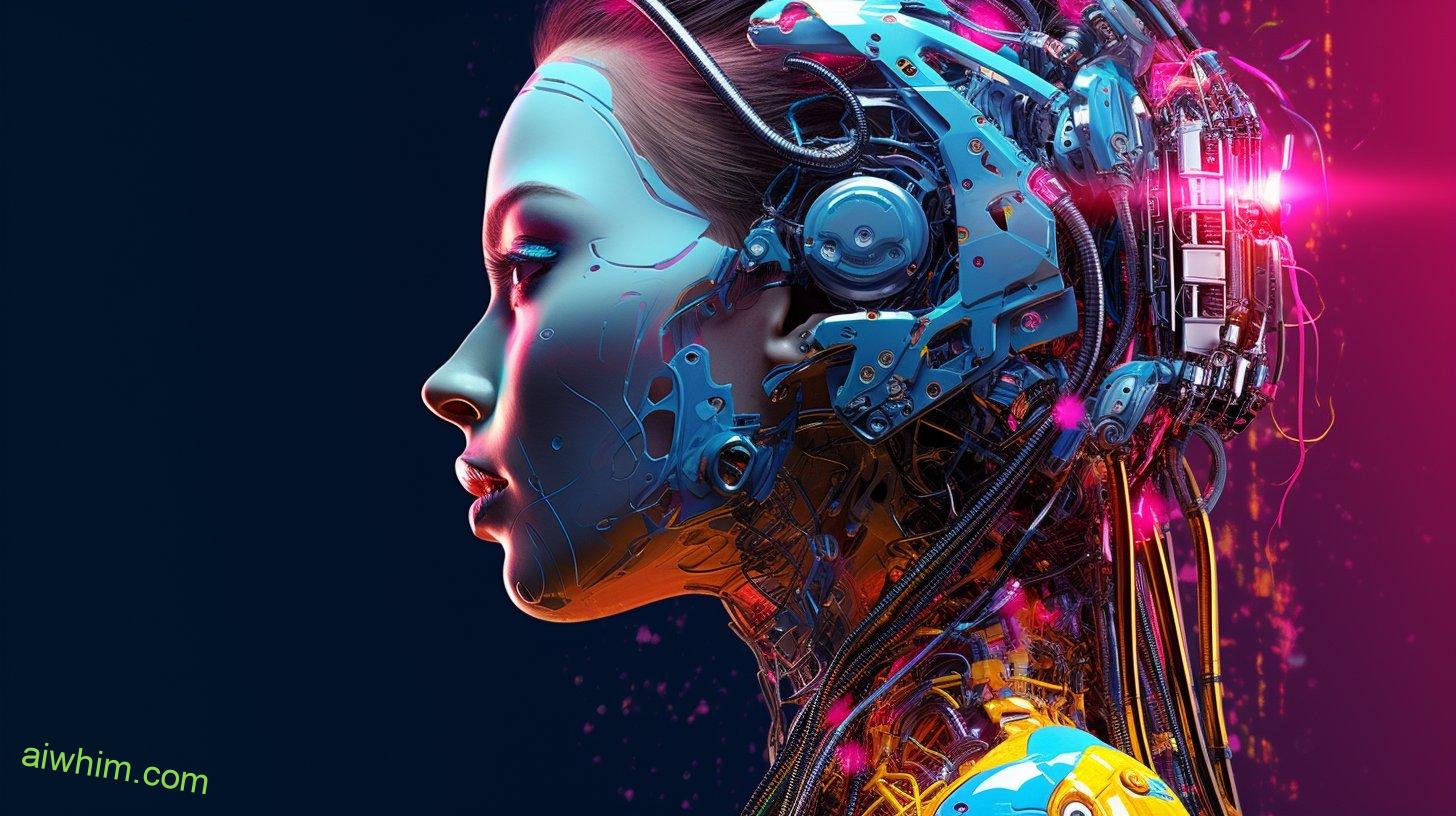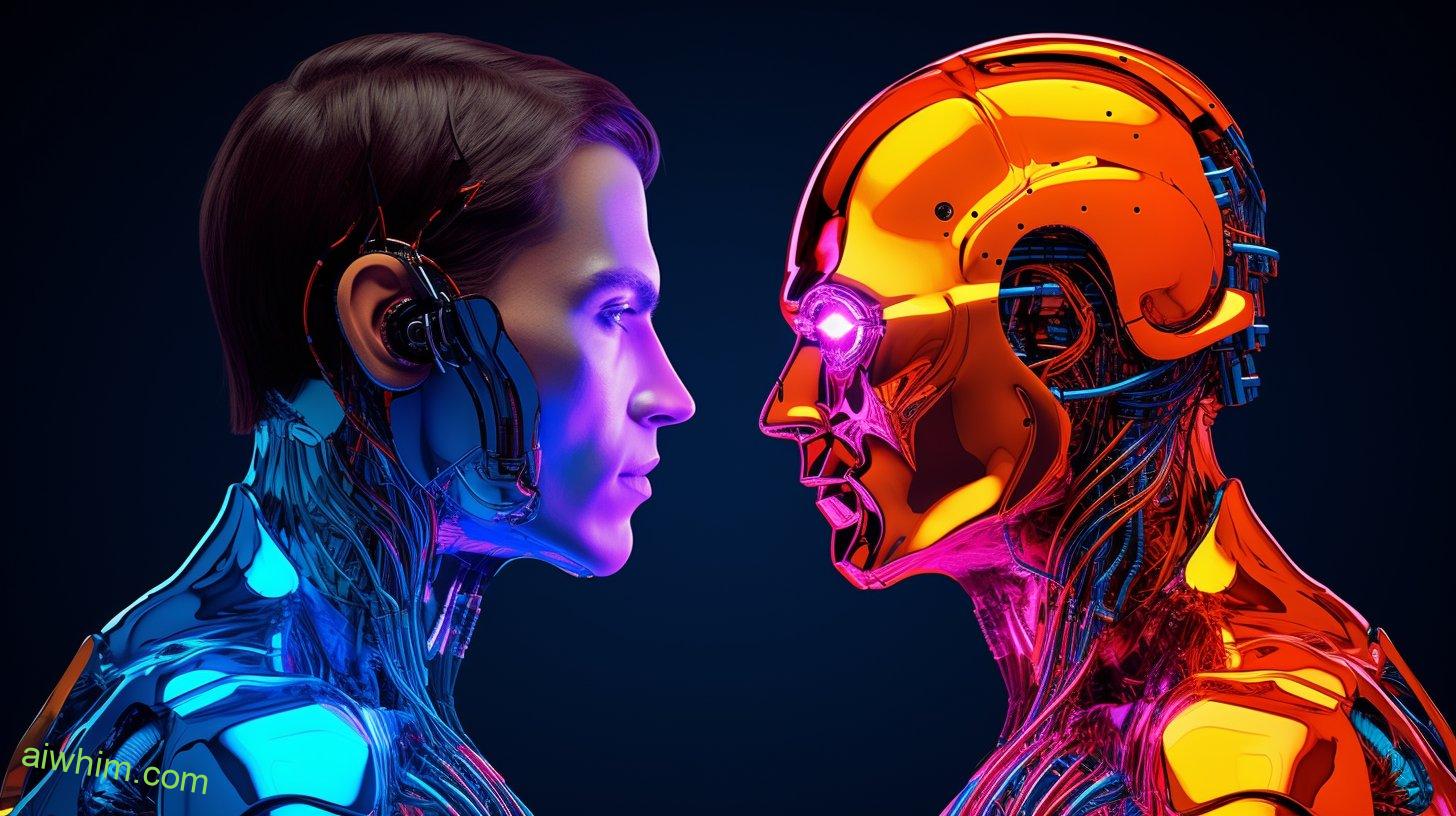The world of work is changing rapidly. Automation and artificial intelligence are quickly becoming the norm in many industries, including retail. Now, questions arise about whether cashier workers will be replaced by AI and chatbots. Will these technologies take away jobs from people who need them? Or will they simply make life easier for both customers and employees alike? In this article, we’ll explore the potential advantages and disadvantages of using AI and chatbots to replace traditional cashiers.
It’s important to consider all aspects of introducing AI technology into any industry or system when debating its effectiveness in replacing existing roles such as cashiers’. Taking a closer look at how AI can enhance customer satisfaction while still providing job security for current employees is paramount if businesses hope to stay competitive in today’s market. Let’s dive deeper into the conversation around AI-powered alternatives to cashier workers now!
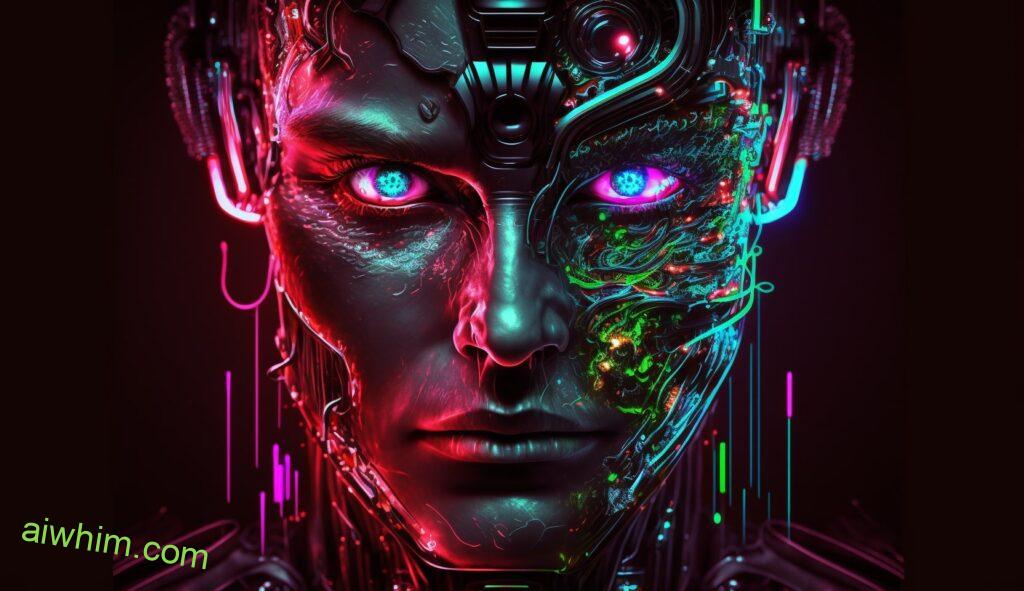
Definition Of AI And Chatbots
AI and chatbots have become increasingly popular in recent years, with machine learning technology advancing the capabilities of both. AI stands for Artificial Intelligence, which is a branch of computer science that enables machines to learn from data and make decisions without being explicitly programmed by humans. Chatbots are computer programs designed to simulate conversations with users via text or voice-based interfaces. They use natural language processing (NLP) and artificial intelligence (AI) technologies to understand user intent and respond accordingly.
Chatbot applications can be used for various tasks such as customer service, providing information about products, taking orders, etc., while AI can automate complex processes like large scale analytics and managing resources efficiently. With their ability to provide personalized experiences, reduce errors associated with manual labor, and facilitate better decision making processes – it’s no wonder why businesses are turning towards these technologies as an alternative solution. As more advancements continue to take place in this field, there will likely be increased opportunities for AI and chatbots to replace cashier workers in certain scenarios where human interaction isn’t necessary or desired.
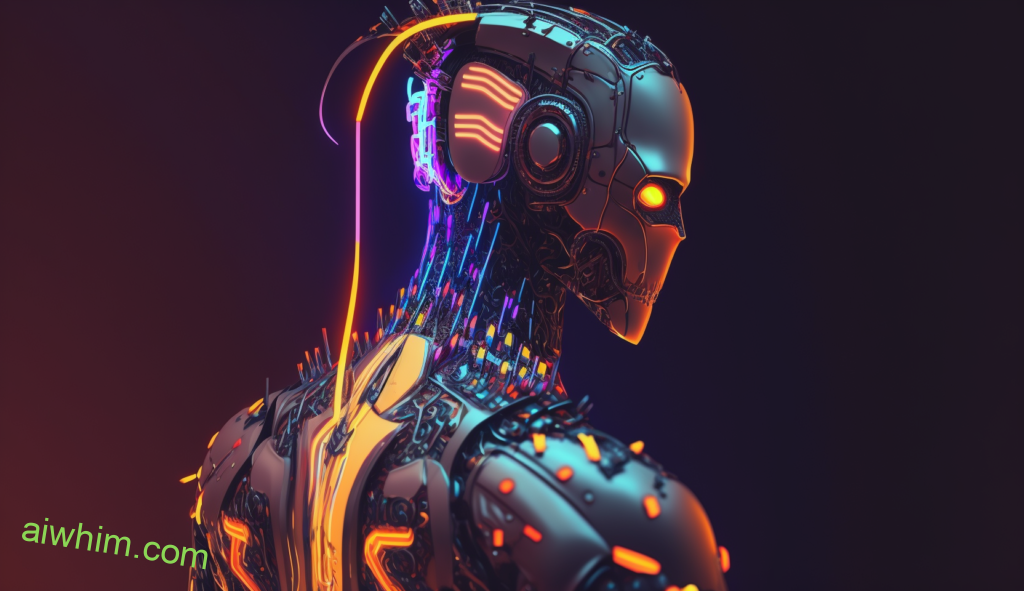
Historical Evolution Of Cashier Jobs
The history of cashier jobs is long and varied. Cashiers are often thought to be a relatively new profession, however their roots can be traced back to ancient Egypt. During this time, there were individuals who counted out coins in exchange for goods. This was the beginning of the profession that we now know as ‘cashier’.
Throughout the centuries, cashiers have taken on many different roles depending on where they worked. In retail stores, they would typically handle customer payments while also managing inventory and sales records. In restaurants or grocery stores, they may also fulfill other duties such as stocking shelves or bagging groceries. Over the years, technology has started to play an increasingly important role in how businesses process transactions. Automated checkout systems and credit card machines began appearing in retail establishments starting from the 1960s onwards, leading to an increase in cashier automation.
Today, advancements in artificial intelligence (AI) and chatbots mean that these technologies could potentially take over more tasks traditionally done by human cashiers in future. As technology continues to evolve at a rapid pace, it’s possible that AI-driven solutions will become commonplace within many types of industries – including those which currently employ large numbers of cashiers like supermarkets or convenience stores. Whether or not these automated systems replace current employees remains to be seen; however one thing is clear: the evolution of cashier jobs will continue far into the future.
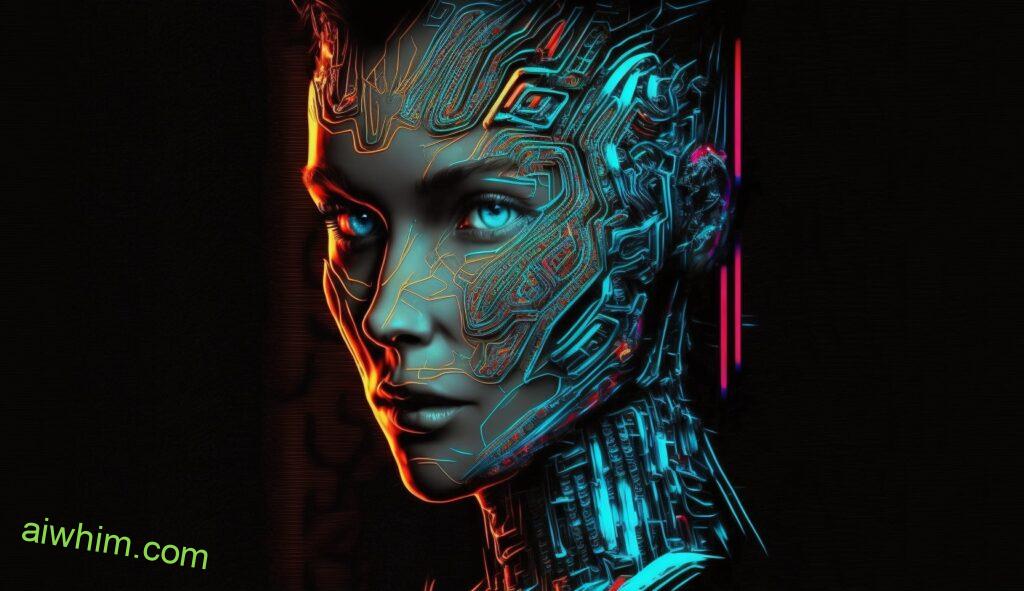
Potential Advantages Of Automation
According to research conducted by McKinsey, automation has the potential to reduce labor costs in retail stores and restaurants up to 30%. This statistic alone is a testament to the many advantages of automating certain processes within these industries.
When it comes to AI and chatbots replacing cashier workers, automation can offer several benefits for businesses:
- Time Savings
- Increased efficiency when dealing with customer inquiries or orders
- Automated checkouts could help eliminate long lines
- Reduced Labor Costs
- No need for additional staff during peak hours
- Low maintenance costs for software/hardware upgrades
Overall, automation technologies provide an exciting opportunity for businesses looking to lower their overhead costs while still providing excellent service. By leveraging automated solutions, companies can free up resources that would otherwise be dedicated towards manual tasks. Additionally, they can dedicate more time towards other areas of growth such as marketing or product development efforts. With the right strategies in place, businesses are able to take advantage of these cost savings without sacrificing quality customer service.
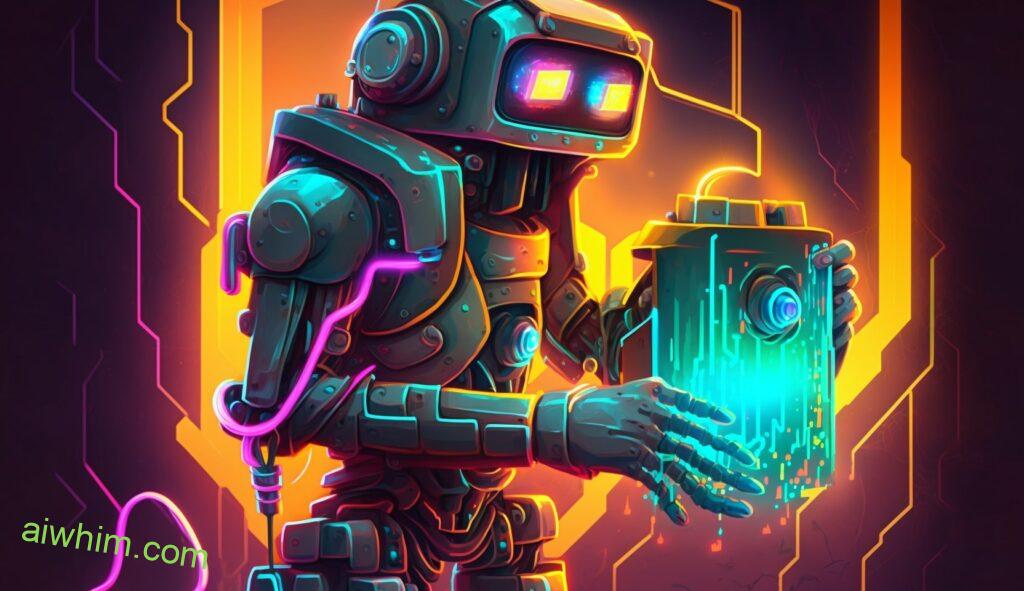
Impact On Job Market
The impact of AI and chatbots on the job market is one that has been a cause for concern. With advancements in technology, cashier jobs have become increasingly vulnerable to automation. This could lead to an increase in unemployed individuals who were previously employed as cashiers or similar positions. In turn, this could result in a decrease in consumer spending and economic growth.
At the same time, it’s important to note that while some jobs may be eliminated due to automation, new opportunities can also arise through innovation. These include roles such as data scientists, software developers, machine learning engineers – all of which are essential for creating and maintaining advanced systems like AI and chatbots. As technology continues to improve at an exponential rate, more jobs related to digitalization may open up over time. Thus, offering individuals with greater employment opportunities than ever before.
It’s clear that the introduction of AI and chatbots into the workplace will undoubtedly have both positive and negative impacts on the job market. While there is potential uncertainty surrounding certain professions becoming obsolete due to automation, there’s also plenty of hope when it comes to advances leading us towards a brighter future filled with exciting possibilities.
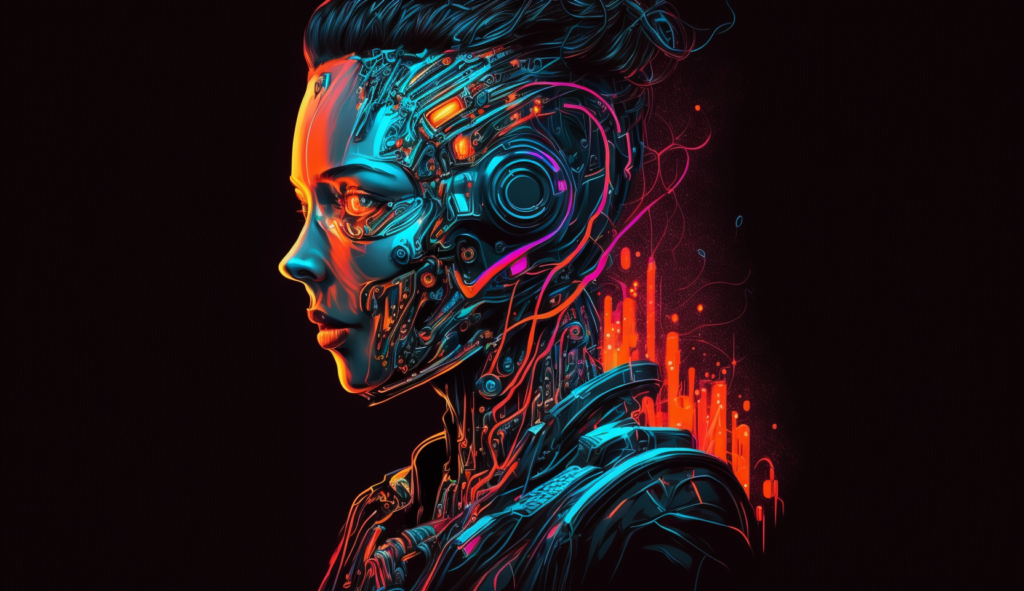
Cost Considerations
AI and chatbots are becoming increasingly popular in the retail industry, leading to questions about whether they could replace cashier workers. When looking at cost considerations, it’s important to consider both the potential savings from automation as well as the salary of a cashier worker:
- Cashiers typically make an hourly wage of $10-$14/hour depending on their experience level. This doesn’t factor in benefits like paid time off or health insurance that employers must pay for when employing full-time cashiers.
- Automation costs can vary greatly based on the platform used and size of implementation required. Generally speaking though, these upfront costs are often lower than those associated with hiring and training multiple employees over time.
- Labor costs also tend to be significantly higher than automation costs since businesses need to factor in additional expenses such as overtime wages and sick leave coverage. Additionally, research shows that AI systems may have less errors and fewer mistakes compared to human labor which could save businesses money in the long run.
Given this information, it is clear that there are both financial pros and cons to using automated technology versus employing cashier workers. While AI and chatbot technology cannot yet completely replicate a human employee’s skillset, its use will likely continue to rise given its potential cost savings compared to traditional labor models.

Accuracy Issues
The accuracy of AI and chatbots is a major concern when it comes to replacing cashier workers. AI technology must be able to process data, identify patterns, and make decisions with the same or greater accuracy as human cashiers. A lot of research has been conducted on this topic by scientists who are trying to improve the accuracy of AI algorithms. Additionally, chatbot technologies need to understand the context of conversations accurately in order to provide helpful responses to customers.
However, these technologies still have many limitations that prevent them from being used as replacements for cashier workers at this time. For instance, they may not recognize certain phrases correctly or misunderstand customer requests completely. This could lead to incorrect orders and other problems which can harm businesses financially. Also, no matter how accurate an AI algorithm might be, it cannot replace the human touch that experienced cashier workers bring to their job. Human interactions create trust between customers and businesses, something that machines cannot replicate yet.
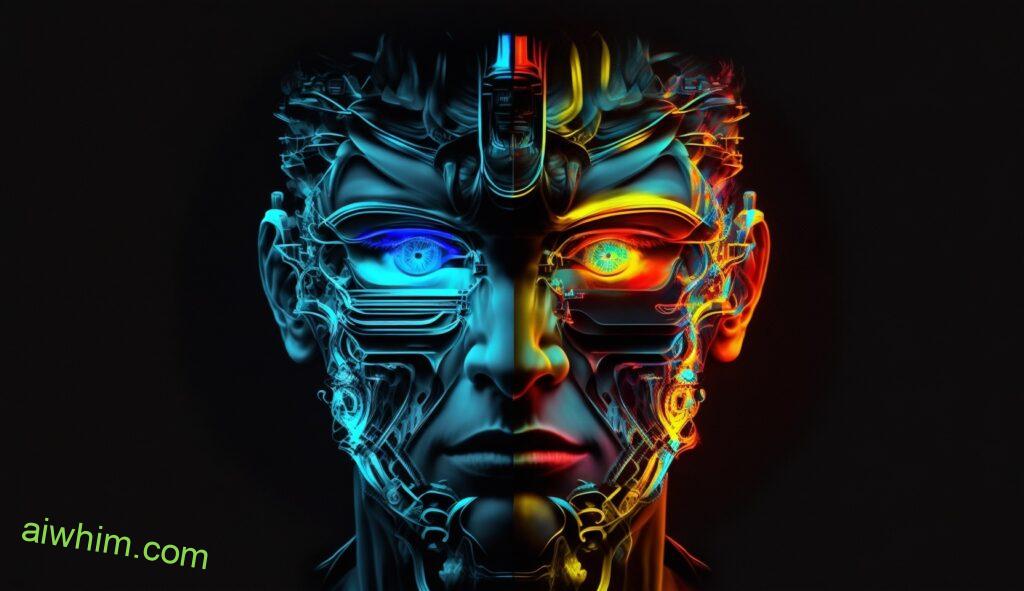
Security Concerns
The introduction of AI and chatbots into the workforce has raised a lot of eyebrows, especially concerning security. In an era where data breaches are becoming more frequent than ever before, it’s essential to ask ourselves: what security risks could be associated with these technologies?
Despite advancements in payment security over recent years, AI and chatbot technology is still vulnerable to various attacks from hackers. Not only do cashiers provide physical protection against theft but they also ensure that customer information is kept safe. Without humans verifying payments or keeping records secure, there’s much greater risk for stolen money and personal data falling into the wrong hands. Furthermore, we must consider how this technology might impact individual privacy rights; although AI may help protect users from having their identities stolen online, it can also lead to unwelcome surveillance if not used responsibly.
It’s clear then that introducing artificial intelligence or automated chatbots as replacements for cashier workers carries its own set of challenges when it comes to data protection and cybersecurity. Companies need to make sure they are taking all necessary precautions to keep customers’ financial details secure while maintaining respect for their right to privacy. Ultimately, no matter how advanced the tech gets, the safety of consumers should remain paramount.
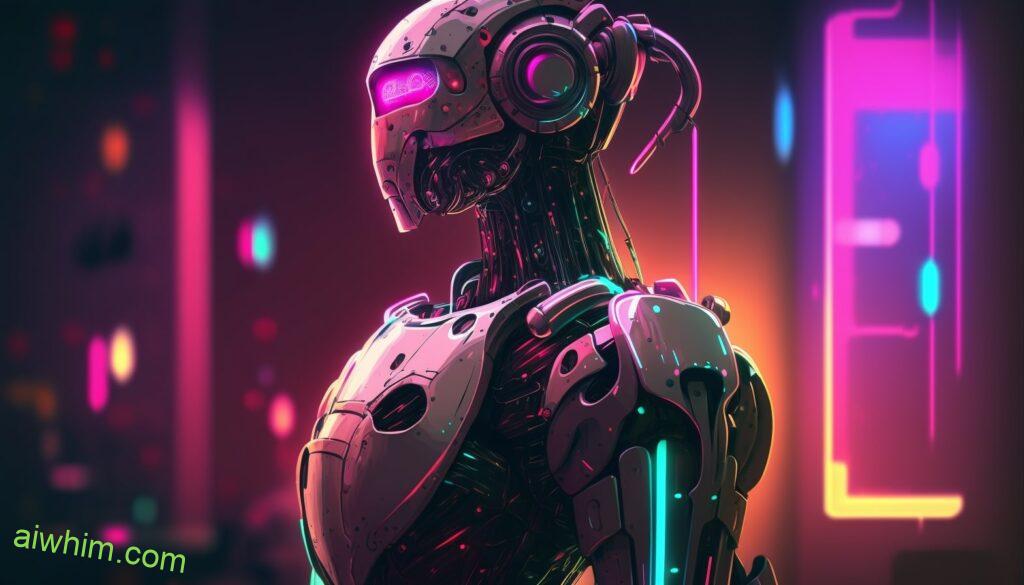
Human Interaction Challenges
The rise of artificial intelligence and chatbots is presenting challenges for customer service staff. Cashier workers are increasingly being replaced by robot-customer-service agents, leaving many customers feeling disconnected from the products they’re purchasing and their overall experience. Automation interactions lack the human connection that cashiers can provide — a personalized touch and genuine empathy — which makes it difficult to develop an emotional bond with shoppers.
This disconnection between customers and companies has caused frustrations on both sides. Customers often feel like they aren’t getting enough attention when interacting with automated systems, while businesses miss out on valuable relationships due to the lack of personal interaction provided by robots or AI services. That’s why it’s important for businesses to be aware of this issue and strive to create more engaging experiences through automation technologies, such as virtual assistant bots that offer real-time support and advice tailored to each individual customer. By doing so, companies will be better able to connect with their customers in meaningful ways without sacrificing convenience or efficiency.
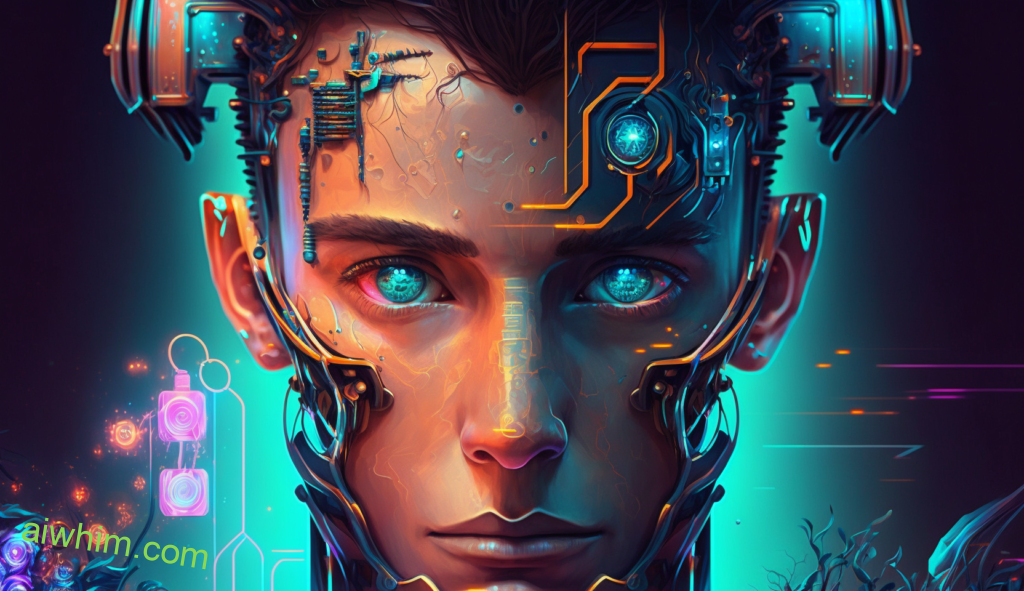
Regulatory Hurdles
It’s clear that AI and chatbots could replace cashier workers. But, there are numerous regulatory hurdles to consider before these technologies can become widespread in the workplace. Regulations vary from country to country, but they all have one thing in common: compliance with existing standards of operation. Companies must adhere to set regulations when deploying new technologies into their work environment.
The challenge is balancing the needs of both companies and employees while staying within legal limits. Employers need to ensure that any changes made do not put them at risk of being fined or penalized for non-compliance. At the same time, employees need assurance that their jobs will be secure as technology advances. It’s a difficult situation and requires careful consideration on behalf of employers before making decisions about automation and replacing human staff members with robots or algorithms.
Regulatory hurdles may prevent businesses from transitioning too quickly away from traditional labor methods towards cutting edge tech solutions such as AI and chatbots without taking proper precautions first. There are long-term benefits associated with using automated systems but employers should always prioritize safety over speed when it comes to implementing change in their workplaces.
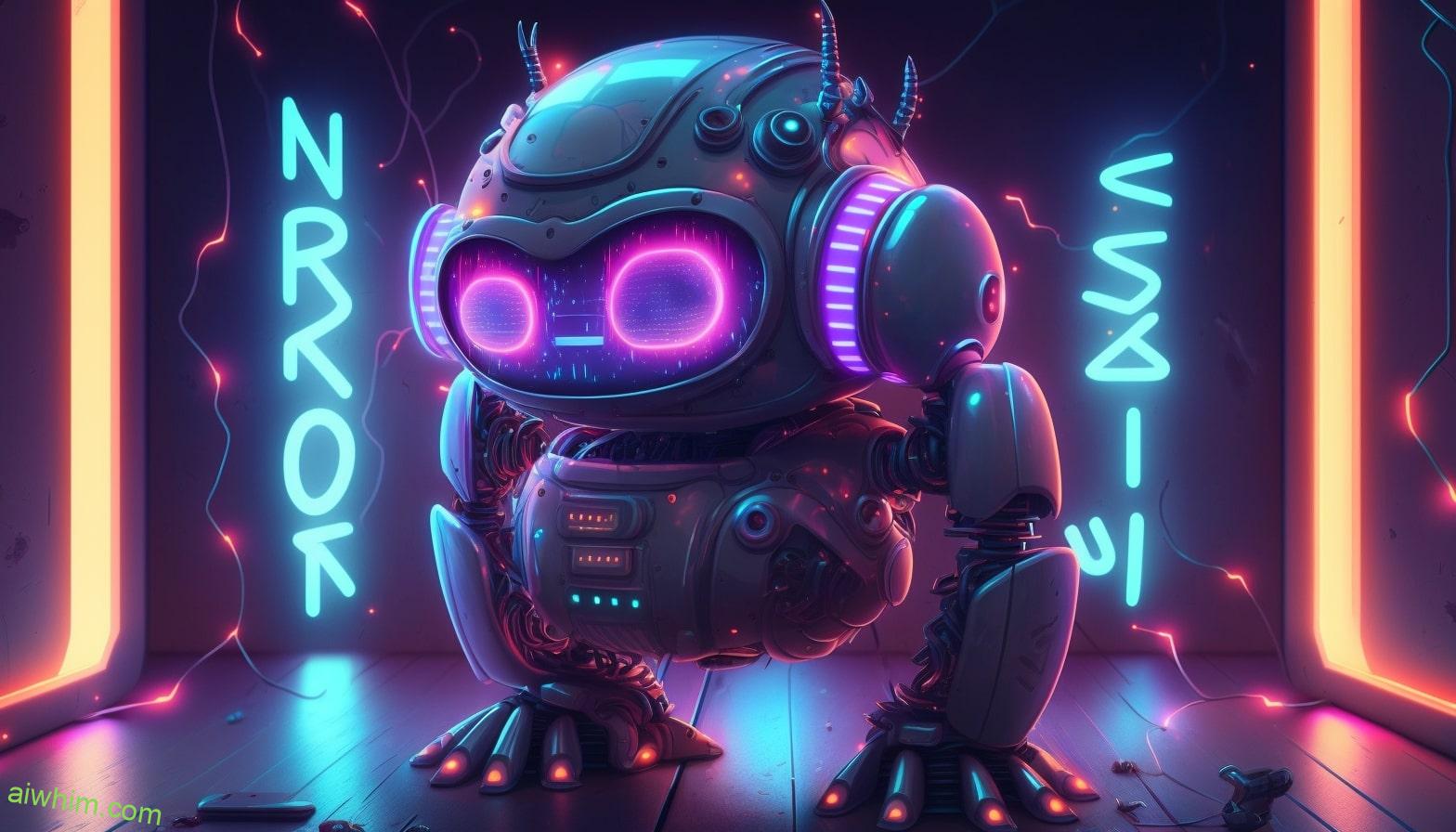
Availability Of Technology
The availability of technology for AI and chatbot implementation is rapidly growing, with automation software designed to take care of tasks that would have been done by cashier workers in the past. As businesses strive to cut costs while increasing efficiency, they are turning to this type of tech to help them reach their goals. The software can be easily installed on most computers or mobile devices and it runs quickly and efficiently without any manual input from a human worker.
This kind of automation offers many benefits including cost savings, improved customer service, and increased productivity. With the ability to answer simple questions or process orders at lightning speed, businesses are able to free up valuable resources and get more out of their employees’ time. In addition, customers enjoy faster response times when interacting with bots instead of humans as well as better accuracy when making purchases. It’s no wonder why so many companies are investing in this advanced technology; it promises huge returns in terms of profitability and efficiency.
In summary, AI and chatbots offer an exciting opportunity for businesses looking to streamline operations and reduce costs. They provide efficient solutions to mundane tasks which allow staff members to focus on areas where they can contribute most value-additionally. Additionally, customers benefit from quicker responses and higher accuracy levels when completing transactions online – giving everyone involved the freedom they desire!
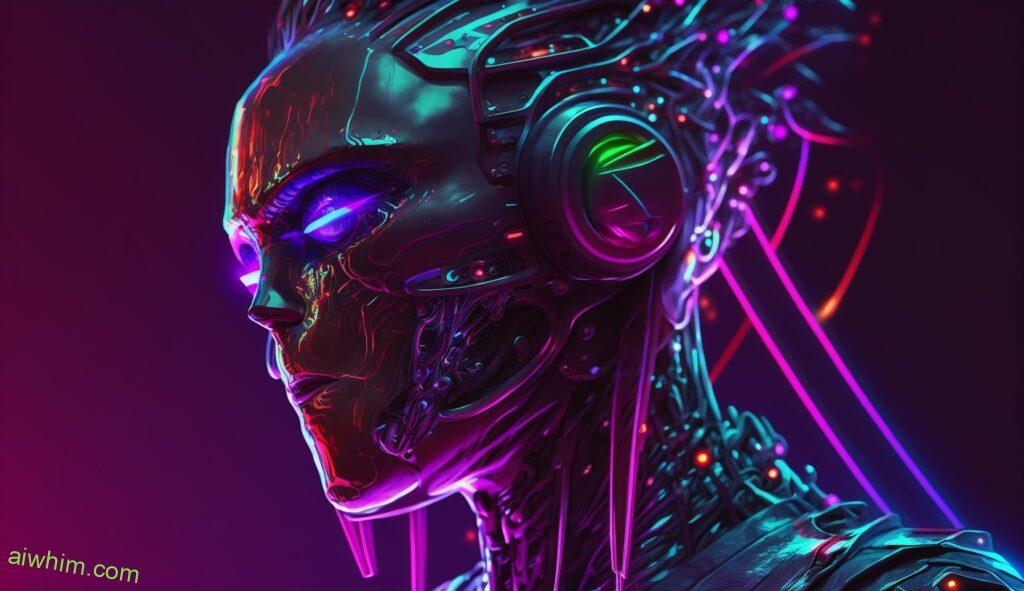
Privacy Issues
There is much to consider when discussing the privacy implications of AI and chatbot technology. Data protection should be a priority for both consumers and organizations implementing such technologies. Consumers must feel secure in knowing their data is not being misused or collected without proper consent. On the other hand, companies need to ensure they are offering appropriate safeguards for consumer privacy.
A key issue that arises with this type of technology is how it can be used by governments and large corporations to collect sensitive personal information about individuals. Companies may use these tools to profile customers based on their online behavior and preferences, which could potentially lead to discriminatory decision-making processes. It’s also important to recognize that AI and chatbots don’t always provide accurate results, due to errors in algorithms or incorrect input from users. This means there is potential for mistakes that could have serious consequences if left unchecked.
The development of AI and chatbot technologies has raised questions around our right to privacy, as well as what we can expect from companies who deploy them. As new applications continue to emerge, issues surrounding data security will remain at the forefront of conversation among those looking to protect their rights and interests against infringement.
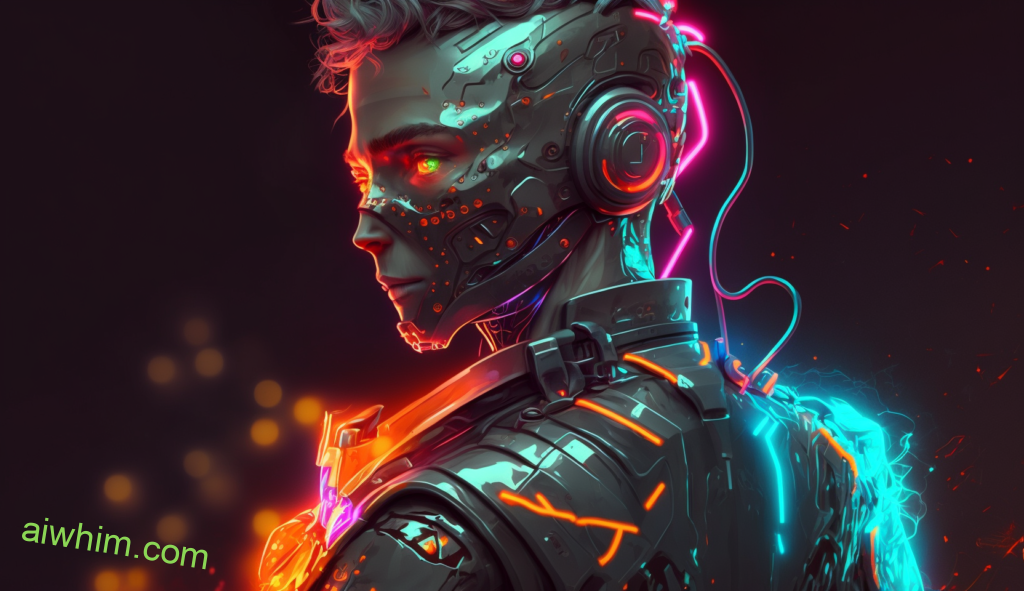
Ethical Implications
The question of whether AI and chatbots will replace cashier workers sparks an ethical debate that’s been raging for years. Like a fire burning in the night, it casts its flickering light on a range of moral quandaries that must be addressed. On one side are those who believe that allowing automated systems to take over human roles is unethical; on the other, there are those who argue that this could potentially make life easier for many people.
At the heart of this debate lies the concept of ai ethics – what are the moral implications of using artificial intelligence to automate certain tasks? Similarly, chatbot ethics come into play when considering how robots can be used to interact with customers instead of humans. Finally, cashier ethics involve questions such as should machines completely replace cashiers or should they simply supplement their work? These issues need to be carefully considered before any decisions are made about replacing human cashiers with AI-driven systems.
The bottom line is that while AI-powered technologies may offer some advantages in efficiency and cost savings, these benefits should not come at the expense of human dignity and rights. It is important to ensure that all stakeholders involved have access to adequate information so they can make informed choices regarding automation technology. Ultimately, these types of decisions require careful thought and consideration from both business owners and consumers alike before anything is implemented.
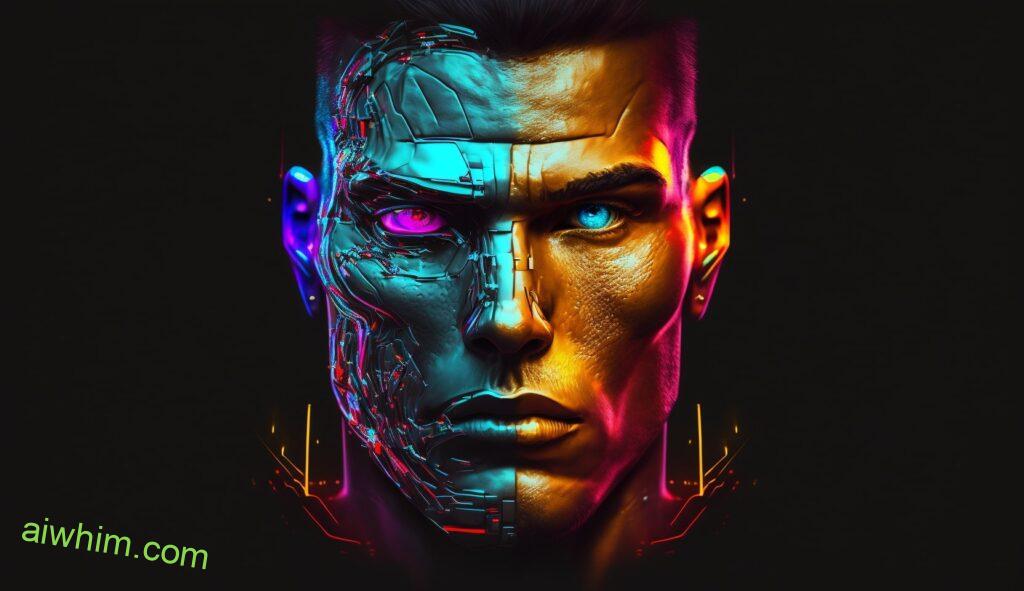
Consumer Preferences
The introduction of AI and chatbots into the retail industry has raised questions about how it could affect consumer preferences. Although these new technologies have potential to improve customer service, they may also lead to a less personal shopping experience for consumers who prefer interacting with cashiers in-store.
Despite this, many shoppers are open to alternative payment methods such as digital wallets and contactless payments that can be made through mobile devices or their own cards. This offers them convenience when making purchases and eliminates the need to wait in line at checkout counters. Additionally, AI technologies like facial recognition technology can help make checkout lines shorter by allowing customers to pay without having to use traditional forms of identification.
As more retailers introduce these advanced technologies into their stores, customers will get used to them and become increasingly comfortable with using them over time. It is likely that customer preference towards automated systems will continue growing as they offer convenience while still maintaining quality customer service. Ultimately, this shift in consumer preferences may not necessarily replace cashier workers but instead give people greater flexibility when it comes to choosing payment methods.
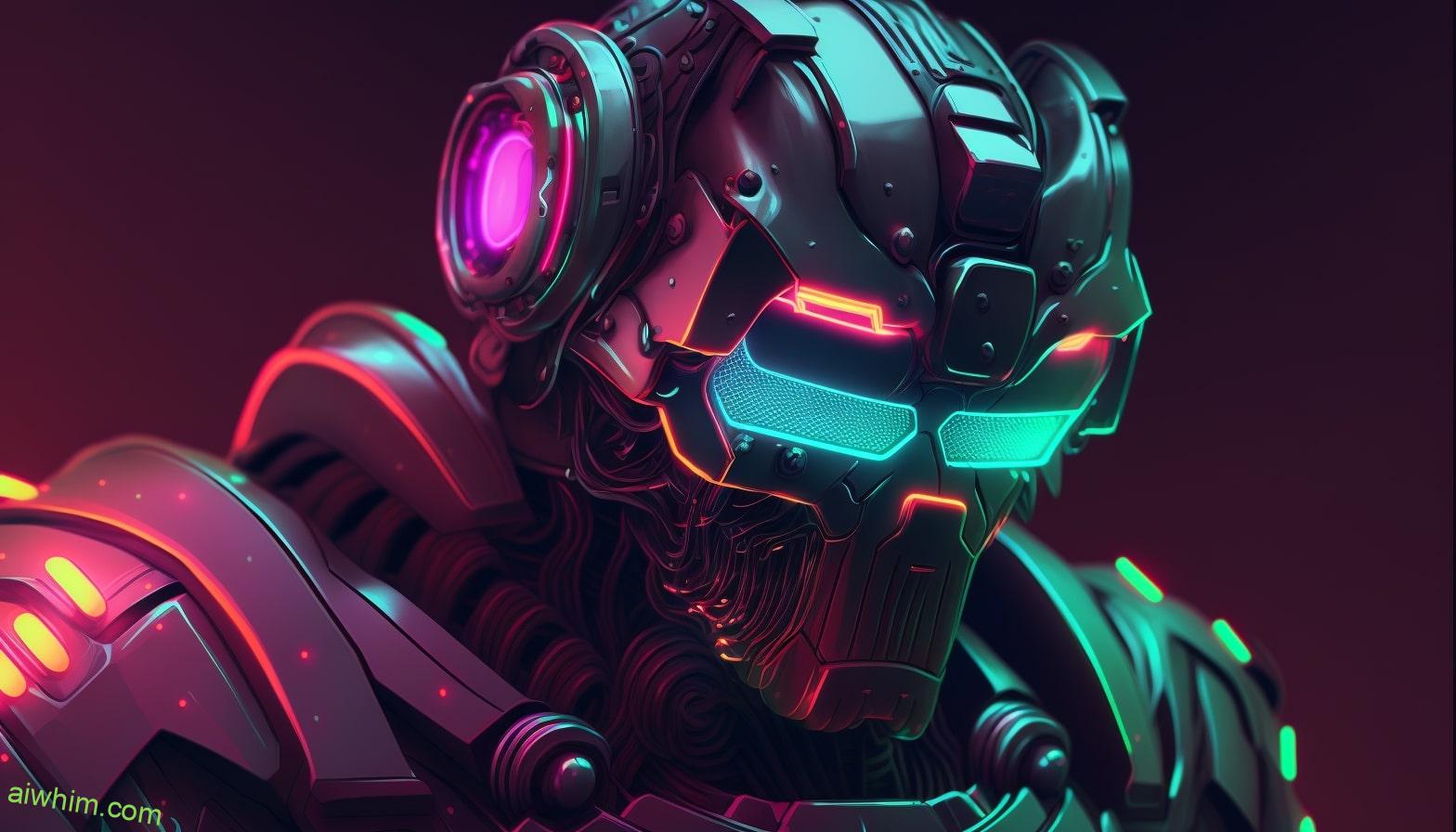
Future Outlook For Cashiers
The future outlook for cashiers is uncertain. With the advancement of technology, there has been an increased automation of traditional cashier roles and duties with AI and chatbots. This raises questions about the security of existing cashier jobs in the near future.
Cashier careers are still necessary to fill certain roles within retail, food service, and hospitality industries. Cashiers provide essential support functions such as customer service and sales operations that cannot be replaced by automated systems alone. As long as these positions remain viable, it appears that cashiers will have a place in the workforce for many years to come.
However, it’s clear that businesses now have access to more cost-effective alternatives when considering staffing levels at checkout desks and other areas where cashiers are traditionally used. For this reason, we may see fewer job opportunities in this field over time as companies shift their focus towards automation technologies like AI and chatbots instead of employing humans for those same tasks. That being said, current trends suggest that most people who pursue a career in this area should continue to find suitable employment opportunities provided they’re able to stay up-to-date on all new advancements in the industry.
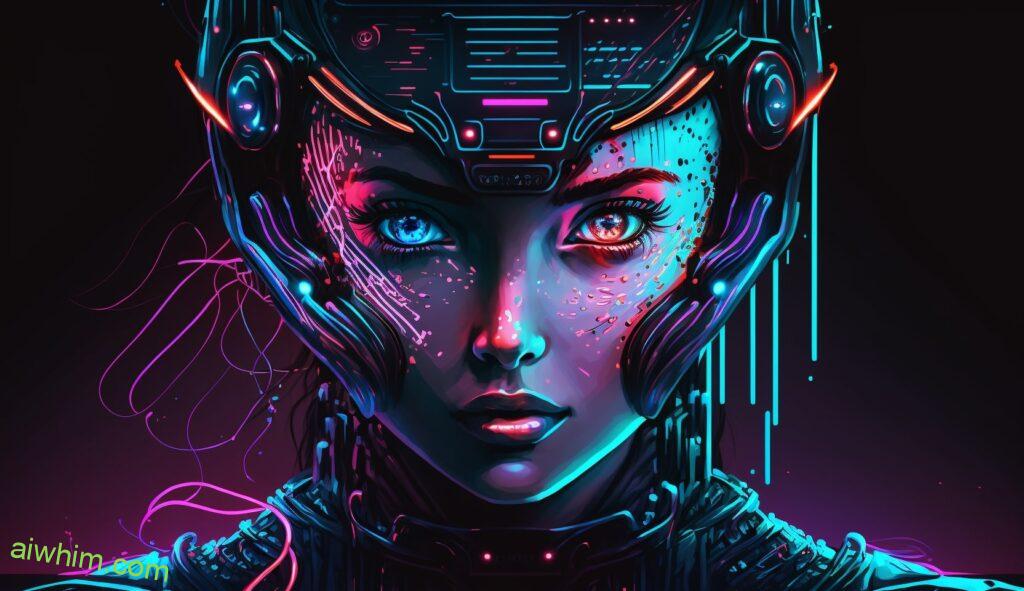
Strategies For Adapting To Change
The future of cashier work is uncertain. AI and chatbots are rapidly becoming a reality in the job market, making it necessary to consider how best to adapt. Cashiers must be willing and able to retrain for positions that may have not existed before, in order to remain relevant in the automated world.
Fortunately, there are strategies available that can help workers navigate this changing landscape. While automation trends will continue, understanding them can give individuals an advantage in adapting their skillset accordingly. Embracing new technologies such as artificial intelligence (AI) and virtual assistants can equip cashiers with essential knowledge on the front-end, while also giving them more insight into automation innovations down the road. This awareness should lead to better job security overall and a greater sense of preparedness when changes do come about in the job market.
Cashiers needn’t feel overwhelmed by change; rather they should embrace it as an opportunity for growth and development within their career path. Learning new techniques, staying informed of industry updates, networking with other professionals – all these activities will set up cashiers at any level for success regardless of what lies ahead. A proactive approach towards education and self-improvement is key here if one wishes to stay competitive within this ever-evolving field.
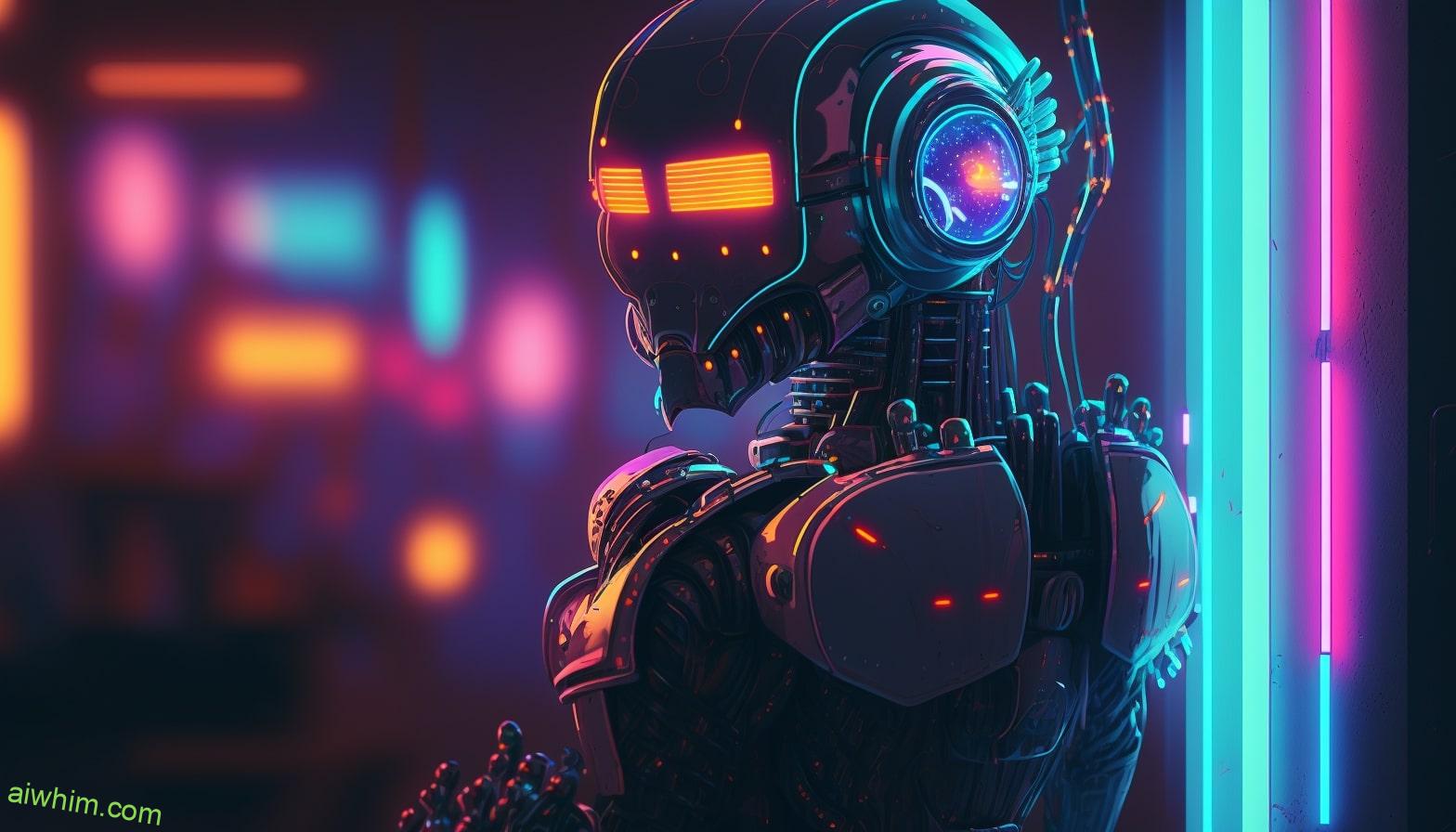
Final Words
In conclusion, the evolution of AI and chatbots has raised important questions regarding cashier jobs. Automation may offer some advantages in terms of cost savings and convenience, however it also presents ethical considerations that should be carefully weighed. Ultimately, consumer preferences will likely determine whether or not cashiers remain a staple of retail settings in the future.
Businesses need to stay ahead of the curve when it comes to emerging technologies if they want to avoid getting left behind. It is clear that automation is here to stay; businesses must decide how best to adapt while still taking into account the needs of their employees – “better safe than sorry” as they say.
Author: Ole Paulson
Author Bio: I’m Ole and on this website, I share everything there is to know about Artificial Intelligence, and useful tips for using AI to our advantage. I have a background in data science and research and have been following the AI-space for years. You can read more about me in the “About” page.

